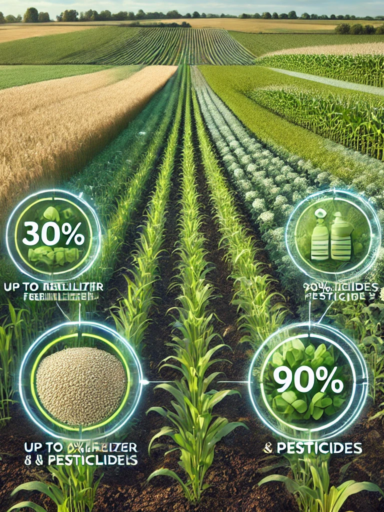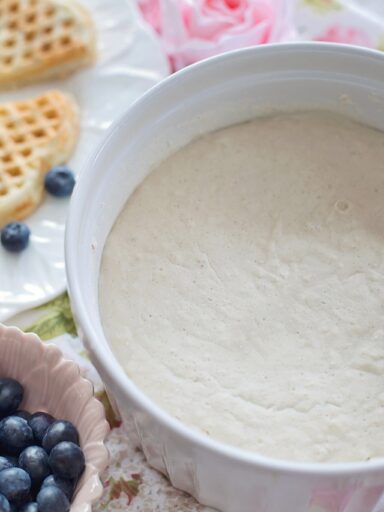While carbohydrates have earned a bad reputation in the past years, just like fats, they’re actually really important. Like really really.
Importance of Carbohydrates
-
- Carbohydrates are our body’s primary and preferred energy source
- Our brain relies almost exclusively on glucose for energy. We need a lot of carbs to make sure we’re thinking straight.
- Dietary fiber is a type of carbohydrate and it helps in the digestion process. Soluble fiber helps soften stool, while insoluble fiber adds bulk, helping in bowel regularity.
- Carbohydrates are, say it with me, important for fueling muscles when we exercise
- Getting in enough fiber has been associated with a reduced risk of heart disease, type 2 diabetes, and certain types of cancer (another reason to love carbs)
- An excess carbohydrates can be stored in the liver and muscles as glycogen, which provides a reserve of energy
Different Types of Carbohydrates
Complex Carbohydrates:
So what foods are we talking about?
- Sweet potatoes
- Quinoa
- Brown rice
- Oats
- Black beans
- Kidney beans
- Pinto beans
- Chickpeas
- Whole wheat products (bread, pasta)
- Vegetables
- Fruits
- It’s a pretty long list, I’d recommend searching up different foods from your culture to see what food group they fit into
Simple Carbohydrates:
- Simple carbohydrates include sugars found in fruits (fructose), milk (lactose), and processed foods
- They consist of one or two sugar molecules, making them easy and quick to digest while giving a quick energy boost
- Over-consuming simple carbohydrates can lead to frequent and intense blood sugar spikes, so it’s a good idea to pair them with some other food group like proteins or fats to lower the blood sugar response
Fiber:
- Fiber deserves very special, birthday level attention
- Complex carbohydrates contain fiber in them, but fiber is also a carbohydrate in itself
- While our bodies cannot break down fiber, it plays an important!! role in maintaining our digestive health and overall health
- Fiber helps keep us full and satiated and helps maintain stable blood sugar levels. Win win win
- Fiber is also really important for our gut health because it acts as a prebiotic, which is a type of food the bacteria in our gut LOVE
- When consuming fiber-rich foods, it passes through the digestive system mostly undigested, until it reaches the colon
- In the colon, the gut bacteria ferment the fiber, breaking it down into short-chain fatty acids (SCFAs)
- SCFAs provide energy to the cells lining the colon and support the integrity of the gut lining
- Research suggests that a healthy gut microbiome is not only essential for digestive health but also influences other aspects of well-being, including immune function, mental health, and metabolism.
- Your gut is often referred to as your “second brain”



